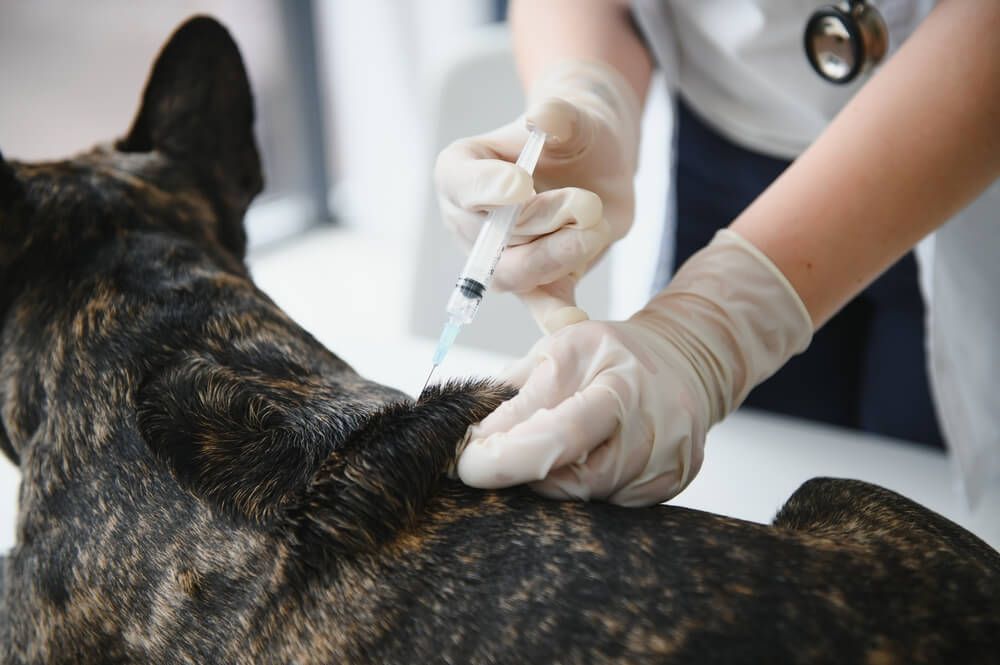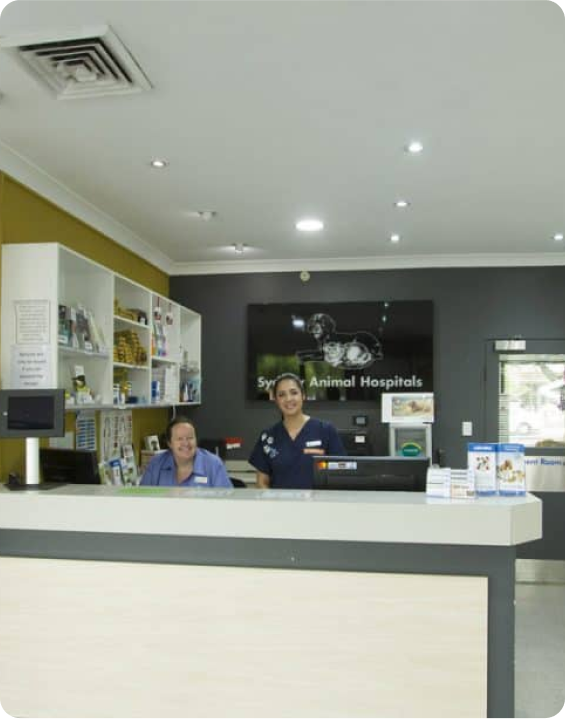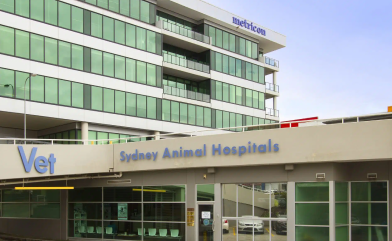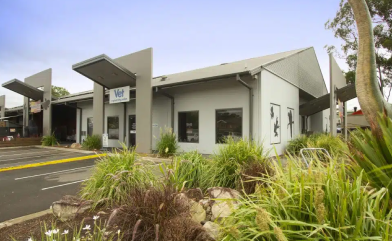Sydney Bulldog Clinic – Complete Bulldog Care
We provide professional and compassionate care for bulldogs and other brachycephalic breeds right across Sydney. We offer a wide range of veterinary services, from standard health check-ups and vaccinations to advanced surgeries and rehabilitation programs. Contact us to schedule an appointment at a bulldog clinic near you.
We help flat-faced breeds move, see, and breathe easier!
Welcome to Sydney Bulldog Clinic, brought to you by Sydney Animal Hospitals
Experienced veterinary care for brachycephalic breeds like bulldogs
At Sydney Bulldog Clinic, we focus on the unique needs of bulldogs and similar flat-faced breeds. With extensive training and state-of-the-art equipment, our team is equipped to handle everything from routine care to complex procedures, ensuring your pet receives the best care possible.
What Breeds Do We Treat?
Brachycephalic dogs are defined by their short, flat faces and compact skulls. This makes them prone to breathing problems, eye issues, and orthopaedic conditions. We have treatment options for all brachycephalic breeds, with the most common types being
Australian Bulldogs,
French Bulldogs,
British Bulldogs,
Pugs,
Boston Terriers,
Boxers,
Cavalier King Charles Spaniels,
Mastiffs,
Shih
Tzus, and
Cavoodles.
What Sets Our Bulldog Clinic Apart
Trained in Brachycephalic Breeds
Our vets have extensive experience in diagnosing and treating bulldog-specific breathing issues.
Tailored Treatment Plans
We provide personalised care to ensure your bulldog receives the most effective treatment.
Compassionate, Bulldog-Friendly Care
Our clinic is designed with your bulldog’s comfort and well-being in mind, ensuring a stress-free experience.
Advanced Diagnostic and Surgical Options
Utilising the latest technology, we offer a range of options to improve your bulldog’s respiratory health.
Our Comprehensive Bulldog Vet Services
Our clinic offers a full spectrum of veterinary services tailored to bulldogs and similar breeds, including:
Understanding Brachycephalic Obstructive Airway Syndrome (BOAS)
BOAS affects almost all brachycephalic breeds, including French Bulldogs, Pugs, and British Bulldogs. While some dogs manage reasonably well, early intervention can significantly improve their quality of life. Addressing BOAS at 12 months can prevent serious complications as they age.

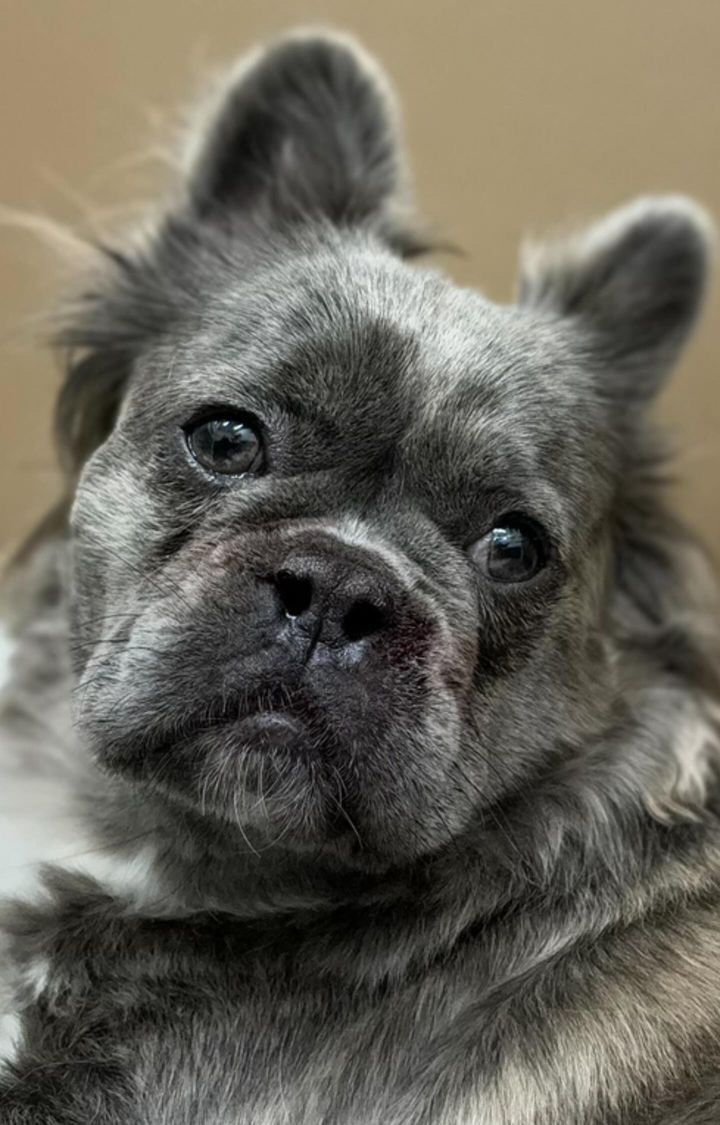
Key Facts
The Importance of Early Intervention
Modern veterinary understanding highlights the benefits of airway correction at 12 months of age. This can lead to a safer, more comfortable life for your dog.
Snoring and Exercise Restrictions
Contrary to popular belief, snoring and limited exercise tolerance are not normal. Educating yourself on these issues is crucial for ensuring your dog’s wellbeing.
Long-Term Concerns
Anatomical issues like narrow nares and elongated soft palates can lead to irreversible conditions as your dog ages. Early surgery can prevent these progressive changes.
Why Consider Corrective Surgery
Early airway correction is a simple, cost-effective procedure that can significantly enhance your dog’s quality of life.
Best Timing for Surgery
The ideal time for surgery is around 12 months. After two years of age, the benefits of surgery may decrease, but it can still prevent worsening breathing problems.
Expected Outcomes
Surgery performed around 12 months results in a 90% chance of moderate to significant improvement, reducing the risk of future complications.
Even if Your Dog is Not Noisy
Assessing airways is still crucial. Many dogs that don’t exhibit noise can still have underlying issues that benefit from early correction.
Finding the Right Surgeon
Not all surgeons perform the full range of necessary procedures. It’s essential to choose a veterinarian with extensive experience in brachycephalic breeds.
Surgery Details
Early surgery is typically non-invasive with quick recovery times. Delayed surgery, however, can lead to more challenging recoveries.
Additional Considerations
Brachycephalic breeds may also suffer from other conditions like hip dysplasia and tracheal issues. Screening for these conditions is recommended for a comprehensive health overview.Describe the item or answer the question so that site visitors who are interested get more information. You can emphasize this text with bullets, italics or bold, and add links.
Gastrointestinal Issues and BOAS
Gastrointestinal problems like reflux and regurgitation are often linked to airway restrictions. Early correction can reduce or eliminate these issues in about 80% of cases. Considering airway surgery as a first step is beneficial for your dog’s overall health.Describe the item or answer the question so that site visitors who are interested get more information. You can emphasize this text with bullets, italics or bold, and add links.
Why Choose a Bulldog Vet?
A breed-specific vet is committed to enhancing the lives of brachycephalic dogs by providing skilled and experienced care and support tailored to their unique needs.
Here at Sydney Bulldog Clinic, we understand the challenges these breeds face and are dedicated to educating owners on the many options available to improve their dogs’ overall comfort and quality of life. Our vets are highly trained in identifying and treating everything from airway issues to skin conditions.
Whether through surgery, preventive care, or ongoing health management, our goal is to ensure that every brachycephalic dog lives a healthier, happier life. We combine advanced medical knowledge and diagnostic tools with a compassionate approach to meet the needs of pets and their owners.
All services are performed across our seven Sydney Animal Hospitals clinics throughout the city. See the contact details for each centre below to find a Sydney bulldog vet near you.
Give your dog the care it deserves. Call now to book a breathing assessment or routine checkup
Our Clinic Locations
Sydney Animal Hospitals have 7 locations across Sydney for your convenience
Testimonials
FAQs
What Health Issues Are Most Common in Flat-Faced Breeds?
Unfortunately, flat-faced dog breeds are susceptible to a range of health conditions due to the shape of their skull, shortened airways, compact structure and heavyset conformation. These health issues include breathing difficulties, dental issues, eye diseases, spine and joint malformations, joint injuries, birthing complications for female dogs, allergies, and heat and exercise intolerance.
What Are the Common Signs of Breathing Problems in Dogs?
Bulldogs and similar breeds may exhibit laboured or noisy breathing, excessive snoring, frequent panting, difficulty exercising, or even fainting.
When Should I Bring My Bulldog for a Breathing Assessment?
If your dog shows any of the above signs, it’s best to consult with a vet experienced in treating brachycephalic breeds. Early intervention can often prevent more serious health issues or the progression of disease.
Do All Bulldogs Need BOAS Surgery to Fix Breathing Issues?
Not all bulldog breathing problems require BOAS surgery. Depending on the severity of the condition, we may recommend non-surgical treatments such as lifestyle adjustments or medications. However, in more severe cases, surgery may be the best option to improve your dog’s quality of life.
How Often Should I Visit a Brachycephalic Vet?
Frequent check-ups at a brachycephalic vet are recommended — especially for preventive care and early issue detection. It’s also important to keep up regular visits to a bulldog vet in Sydney post-treatment or surgery.
Where Can I Find Bulldog Vets Near Me in Sydney?
Our services are available within Sydney Animal Hospitals clinics located in Baulkham Hills, Avalon, the Inner West (Stanmore), Newtown, Kellyville, Newport, and Norwest.
Experienced veterinary care for Brachycephalic Breeds at Sydney Bulldog Clinics
At Sydney Bulldog Clinics we provide experienced veterinary care and proactive measures, including obstructive airway corrective surgery, to ensure the well-being of your beloved pet.








